Resources
Neurodiversity hiring
A guide to Neurodiversity in assessment, hiring and selection
Home » Resource Library » Neurodiversity hiring
The phrase neurodiversity is believed to have been first coined by US journalist Harvey Blume, writing in The Atlantic in 1998, who went on to state that ‘Neurodiversity may be every bit as crucial for the human race as biodiversity is for life in general. Who can say what form of wiring will be best at any given moment?’
But just what is ‘neurodiversity’ and how can you make your workplace more neurodiverse?
What is Neurodiversity?
‘Neurodiversity’ refers to the natural range of differences in human brain function, including dyslexia, autism, ADHD, dyspraxia, and other neurological conditions.
For example, most people would be considered as being neurotypical, meaning that your brain processes information in a way that the rest of society expects.
Amongst employers, the term Neurodiversity has been used to represent a movement that seeks to embrace the talents of individuals who think differently.
What is Neurodiversity hiring?
For the majority of employers, neurodiversity represents a movement that seeks to embrace the talents of employees and candidates who think differently to people they would typically hire, and it’s something that can offer a wealth of benefits to companies willing to take the leap.
According to a recent report by the National Autistic Society, a mere 16% of autistic adults are in full-time work which counts as paid. With that being said, there is clearly a lot more employers can do to broaden the range of neurodiverse candidates and employees they are working with.
Neurodiversity hiring today
The hiring of neurodiverse workers was first brought to light in 2013 by ERP software giant SAP, with main competitor Microsoft following suit shortly afterwards.
Along with Microsoft and SAP, neurodiversity in hiring is now being taken seriously by a range of other major organisations including EY, Goldman Sacs, Auto Trader, BT, Ford and JP Morgan among others.
While not true for everyone, people on the autistic spectrum can often excel in areas where others do not, such as interpreting data, thinking logically and meticulously analysing datasets.
The subject of Neurodiversity at work has been growing in popularity for a number of reasons, including increasing diversity within your workforce and improving business performance.
Businesses who don’t currently have neurodiversity on their agenda may be unintentionally excluding a significant talent demographic from applying to positions within their organisation. Those organisations continuing to do so risk missing out on some of their potentially most promising talent.
Benefits of hiring a neurodiverse workforce
There are numerous reports and studies that now show businesses who hire a neurodiverse workforce stand to reap a multitude of benefits.
1.
Broader variety of strengths
A neurodiverse workforce encompasses individuals with a range of neurological differences, such as autism, ADHD, dyslexia, and more. Each of these differences brings unique strengths to the table.
For instance, individuals with autism might exhibit exceptional attention to detail and pattern recognition, which can be advantageous in fields like data analysis, quality control, or software testing.
By embracing these diverse strengths, a company can build teams that complement each other’s abilities and enhance overall productivity.
2.
A wider range of opinions
Neurodiversity fosters a broader spectrum of perspectives and opinions within a company.
When employees think differently, they are more likely to approach challenges from different angles.
This diversity of thought can lead to more thorough discussions and decision-making processes, as individuals bring their unique insights and viewpoints to the table.
3.
Higher levels of innovation and creativity
Innovation thrives in environments with different perspectives. Neurodiverse teams can spark creative thinking and innovation by encouraging members to see problems from unconventional angles.
Individuals with neurodiverse traits often have a natural inclination to think outside the box, break away from conventional thought patterns, and challenge the status quo.
This results in the generation of innovative ideas and solutions that might not have emerged in more homogeneous teams.
4.
A more ethically responsible organisation
Embracing neurodiversity can reflect a company’s commitment to ethical responsibility and inclusivity.
This not only strengthens the company’s reputation but also contributes to a culture of respect and understanding, creating a positive impact on employee morale and loyalty.
Additionally, organisations that prioritize inclusivity are more likely to attract a broader customer base that appreciates and supports their commitment to social responsibility.
How do you increase neurodiversity at work?
If you are considering moving towards having a more neurodiverse workforce then implementing psychometric assessments can go a long way to helping you have a more neurodiverse workplace by helping you to eliminate human biases from the early stages of the recruitment process.
However, if you do decide to use psychometric assessments to increase neurodiversity then there are a few things to consider beforehand.
Neurodiversity assessment:
How to assess for neurodiverse candidates?
Whilst the unemployment gap among neurodiverse individuals remains significantly high, more and more organisations are beginning to recognise the benefits of hiring a neurologically diverse workforce.
Notably, in a recent study by the CIPD, 1 in 10 HR professionals reported that their organisation currently sees neurodiversity as one of their main priorities. But, what can employers do to welcome individuals who are neurologically diverse?
The recruitment process undoubtedly plays a key role here, with some people suggesting that common selection processes may actually act as a barrier to entry for individuals who are neurologically diverse and seeking employment, due to their reliance on generalist skills and interpretation of social cues.
Based on previous research and shared experiences of neurodiverse individuals, we have pulled together some key factors below that employers may want to consider when ensuring their selection processes are as inclusive as possible:
1. Disclosure
Make sure that you are offering candidates the opportunity to disclose any conditions they may have at various points during the recruitment process.
Whilst there is no general duty for candidates to disclose, this can be incredibly daunting for those that choose to. Try to make this process as easy as possible for them.
If you are using a form, consider the language used. If you are using a checkbox with multiple options, consider whether you have offered an exhaustive list. Open response formats have the benefit of allowing candidates to label their condition themselves, and share as much or as little as they would like to.
If a candidate discloses a condition, be as supportive as possible. Be ready to have a subsequent conversation around whether you can offer any support or accommodations through the recruitment process.
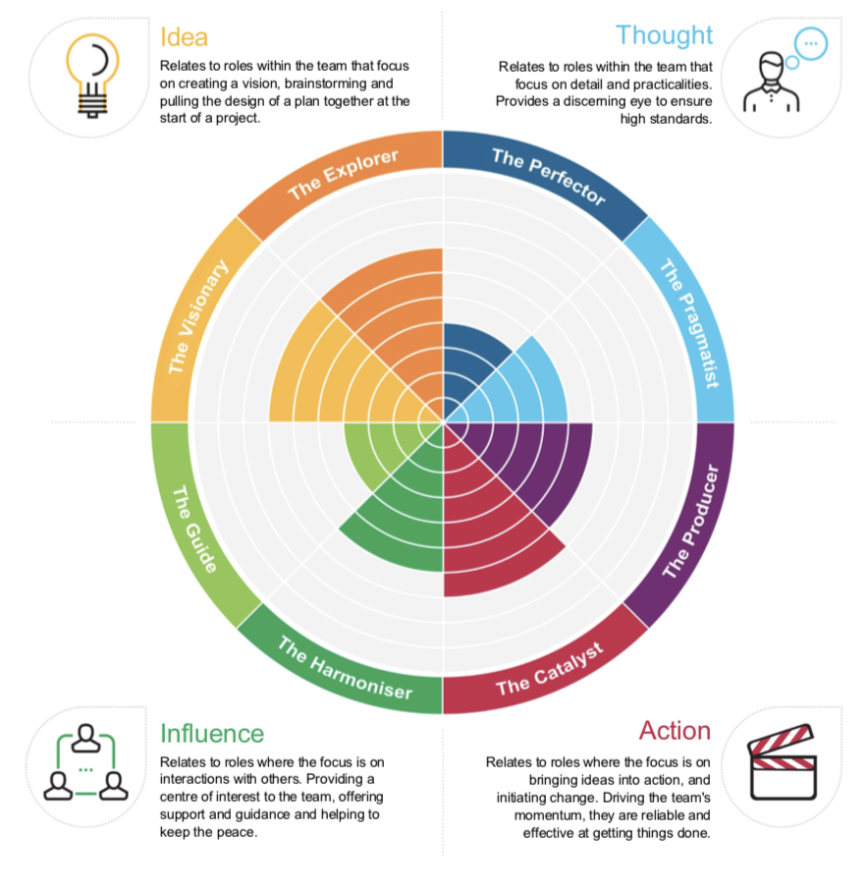
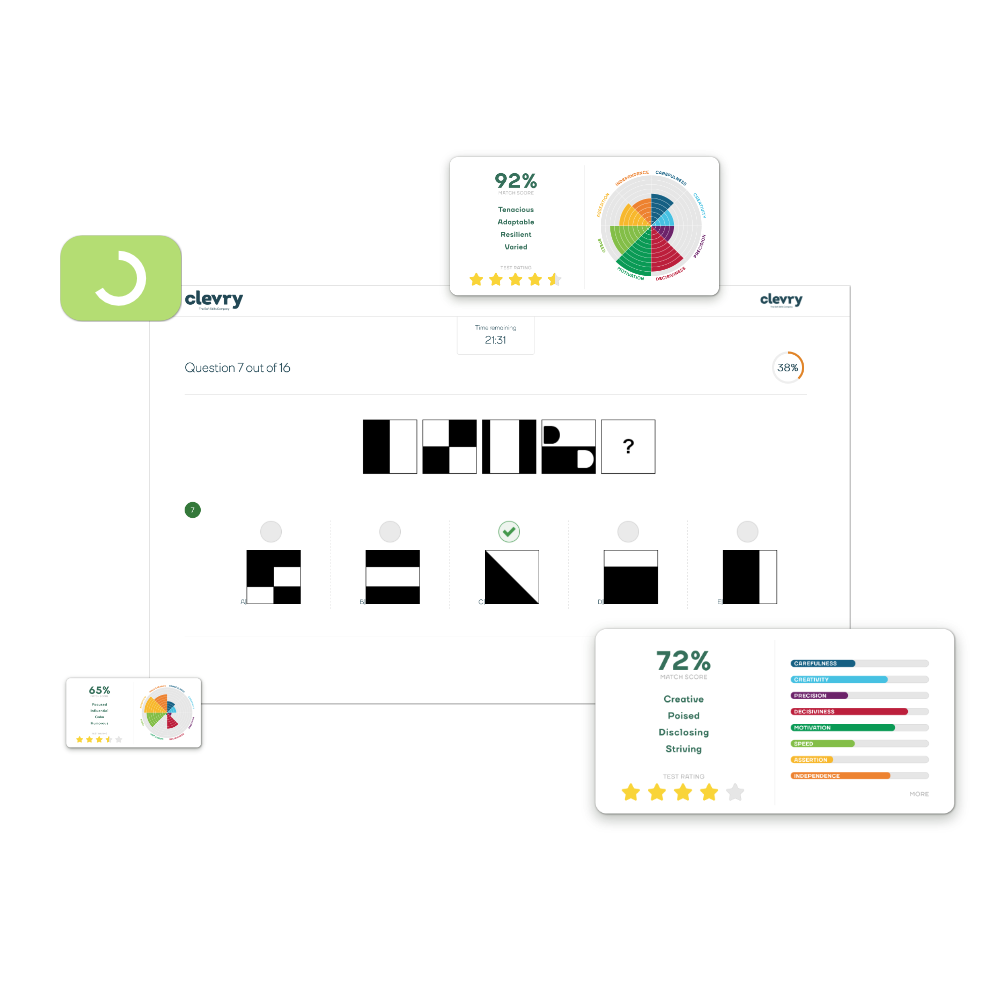
2. Opportunity to perform
Be sure that you allow candidates multiple opportunities to demonstrate their competence as part of the selection process.
This applies to all candidates, regardless of neurodiversity. When putting together your selection process, you want to be trying to assess a candidate’s competence across multiple assessments or exercises. This allows you to reach a more informed recruitment decision.
This also means that you are not disregarding potentially great candidates on the basis of just one assessment. Everybody has a natural preference for certain types of assessment above others. Whilst some candidates thrive in an interview, others may dread them.
Most importantly – ALWAYS make sure that the assessments used are fair and valid ways of assessing their competence to perform the job.
3. Objective assessment
Always make sure that you are being as objective as possible in your assessment of candidates. This can become a particularly important issue to consider if you have candidates who have disclosed as neurodiverse as you do not want assessors viewing that candidate based on their preconceived beliefs about what their condition is.
Remember that neurodiverse conditions are inherently diverse. This means that one person’s experience of a condition will be completely different to somebody else’s.
For example, Autism represents a spectrum condition which will present itself very differently across individuals. Try to be really aware of the impact that unconscious biases may have on selection decisions. Ensure that all psychometric assessments of a candidate’s performance relate to a competency that is required for the job.
Steps to help reduce the impact of unconscious biases may be as simple as ensuring that each candidate is observed by multiple different assessors, or offering unconscious bias training to the observer team.
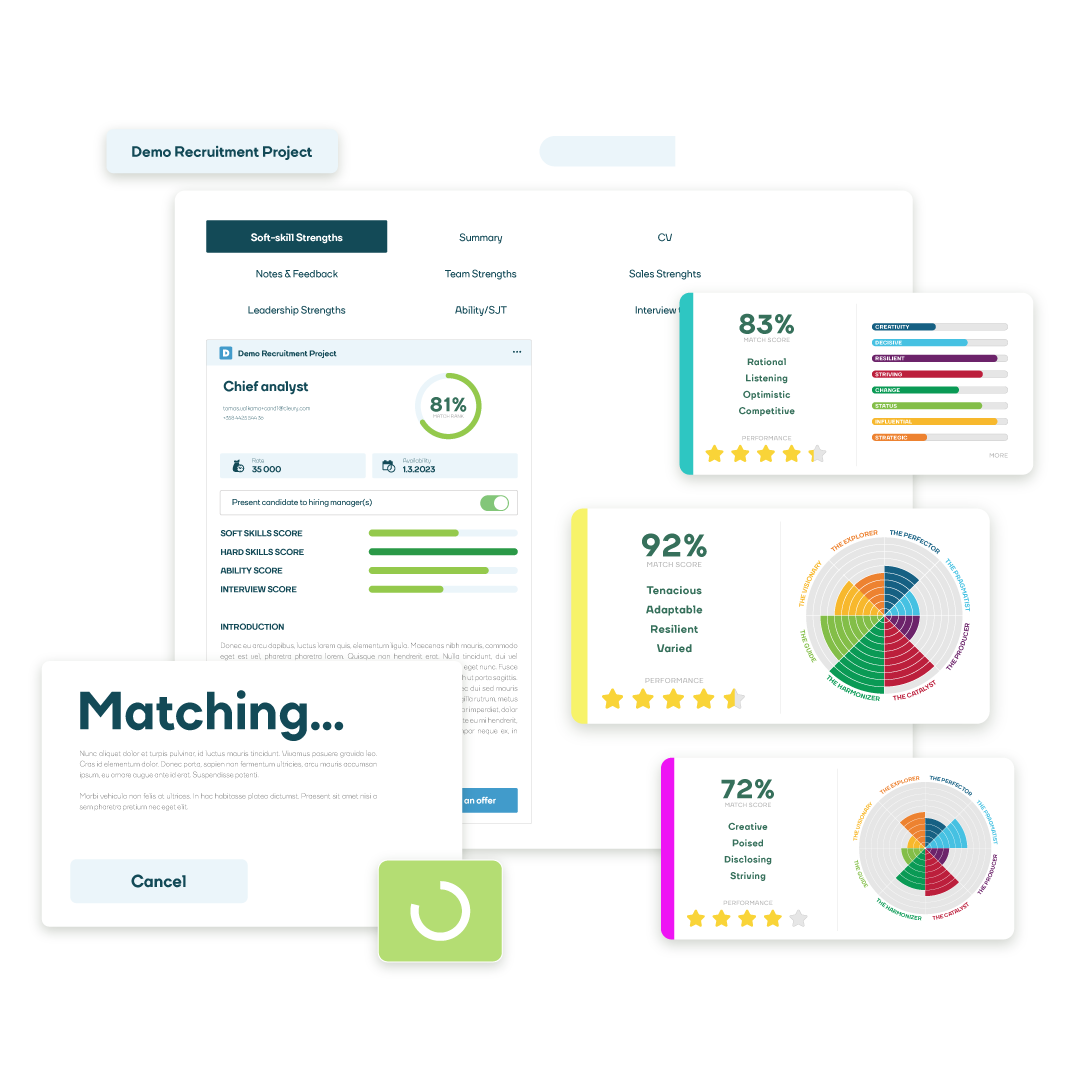
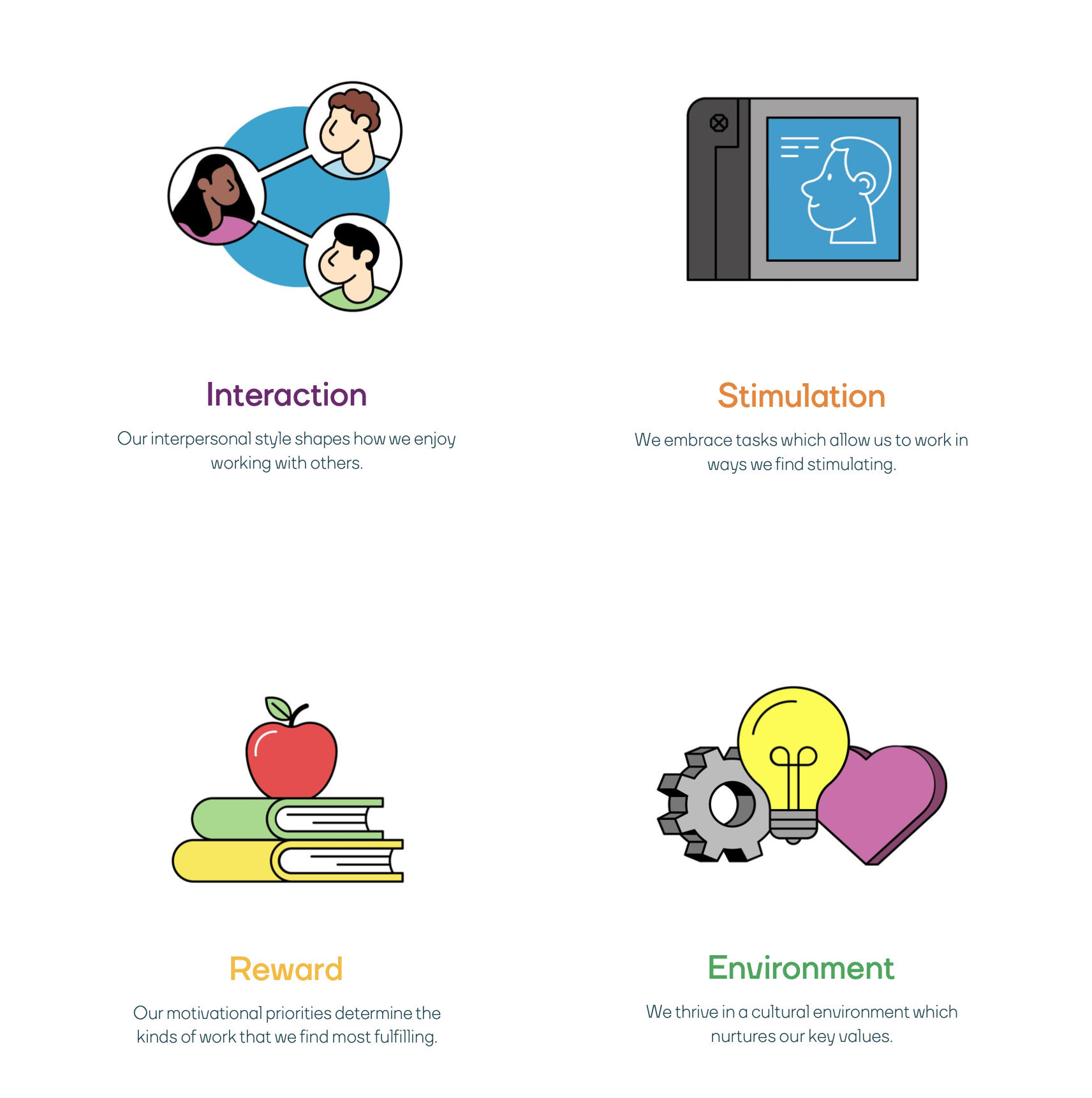
4. Transparency of language
One factor to consider when assessing individuals who are neurologically diverse is to make sure that communication throughout the recruitment process is as transparent as possible.
Whilst this is important for all candidates, this can be a real barrier for individuals who may interpret things in a slightly different way.
For example, candidates with an Autism Spectrum Condition may find it more difficult to make sense of ambiguity, metaphorical references, or inclinations in speech.
Make sure that candidates understand what they are being asked to do and what is expected of them. Be clear and transparent in your communication to help ensure a level playing field, and be ready to adapt your communication style where necessary.
5. Reasonable adjustments
Be open to making accommodations on a case by case basis. There is no set rule for what accommodations should be offered to candidates with neurodiverse conditions. This means it’s important to consider this on an individual basis.
Ask the candidate what accommodations they are used to, or what they feel would help make the selection process more accessible to them. Some accommodations that you may consider here are increasing time limits, sending interview questions to the candidate in advance, adjusting display settings on online assessments, or having someone present with them to support.
Consider whether these reasonable adjustments could be made to the role, and consider whether these adjustments could be offered to the other candidates too. Whilst this list is by no means exhaustive, we hope it helps to give you a feel for some of the main factors that you may want to be considering when reviewing your recruitment processes to ensure it is as inclusive as possible for helping welcome neurodiverse talent into your organisation.
If you want to know more about our personality questionnaires or adding neurodiverse assessments to your recruitment process then please do get in touch via our contact page and one of the team will be happy to answer any questions you may have.
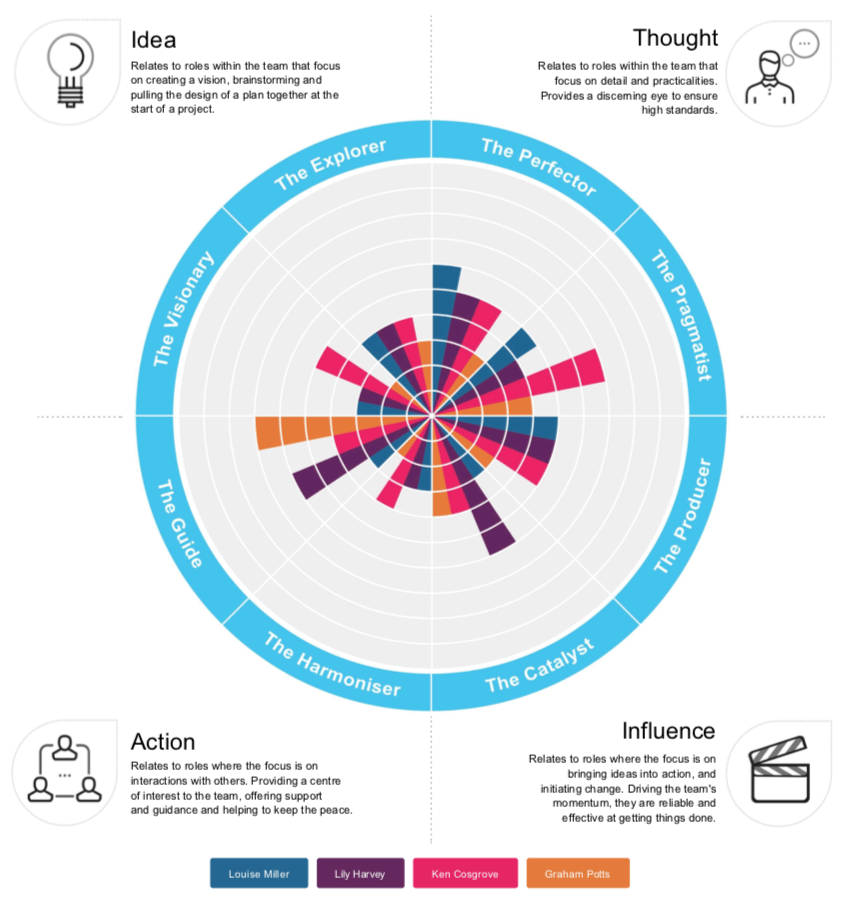
Accommodating neurodiverse candidates
When it comes to neurodiverse candidates, the recruitment process of your organisation will undoubtedly play a key role in determining whether you hire any neurodiverse candidates at all.
There are many arguments to suggest that common selection processes may actually act as a barrier to entry for individuals who are neurologically diverse and seeking employment.
If you want to make accommodations for neurodiverse candidates then there are some basic points you can follow to make it as easy as possible for them to apply to any position at your organisation;
1.
Make sure your company website, jobs pages and assessment platform all allow for resizable fonts
2.
Ensure your technology is fully compatible for users with accessibility devices such as screen readers and refreshable Braille
3.
Offer users of your website and assessment platform high visibility display settings that can be accessed through the accessibility button in the footer of every page
4.
Provide assessments that have adjustable time limits that can help neurodiverse candidates show their best selves
As well as the accessibility adjustments mentioned above, we have listed some further accommodations or suggestions that you, as an employer, may want to consider in order to make your assessment process more accessible to a neurodiverse talent pool.
1.
Give clear explanations as to why you are asking the candidate to complete any assessments, and be very open about the adjustments that can be made
2.
Re-iterate the context in which the questions should be answered (e.g. think about the workplace rather than home)
3.
Emphasise that there are no rights or wrongs to personality
4.
Explain the transparency of our items, i.e. there is no hidden meaning to the items, they are not trying to trick you
5.
Ask your neurodiverse candidates what would make the process easier for them
6.
Consider sending interview questions to the candidate in advance to reduce interview anxiety
7.
Have someone present with candidates to support them during assessment completion
8.
Consider whether these reasonable adjustments could be made, and consider whether these adjustments could be offered to the other candidates too

Sources:
https://www.cipd.co.uk/about/media/press/150218-neurodiversity
https://www.cipd.co.uk/Images/neurodiversity-at-work_2018_tcm18-37852.pdf
http://m.acas.org.uk/media/pdf/2/m/Neurodiversity_at_work_0916(2).pdf
https://www.bbc.com/worklife/article/20191018-where-75-of-workers-are-on-the-autistic-spectrum
https://www.autism.org.uk/get-involved/media-centre/news/2016-10-27-employment-gap.aspx
https://www.tpp.co.uk/blog/2019/06/how-and-why-to-recruit-for-neurodiversity
https://www.peoplemanagement.co.uk/long-reads/articles/employers-hiring-neurodiversit
https://www.ft.com/content/3ca67ab4-d947-11e9-9c26-419d783e10e8
https://www.base-uk.org/knowledge/neurodiversity-work
https://hbr.org/2017/05/neurodiversity-as-a-competitive-advantage
https://www.inhouserecruitment.co.uk/neurodiversity/
https://anygood.com/hiring-more-neurodiverse-candidates/
https://archive.acas.org.uk/neurodiversityhttps://www.geniuswithin.co.uk/
https://www.cipd.co.uk/about/media/press/150218-neurodiversity
https://www.cipd.co.uk/Images/neurodiversity-at-work_2018_tcm18-37852.pdf
http://m.acas.org.uk/media/pdf/2/m/Neurodiversity_at_work_0916(2).pdf